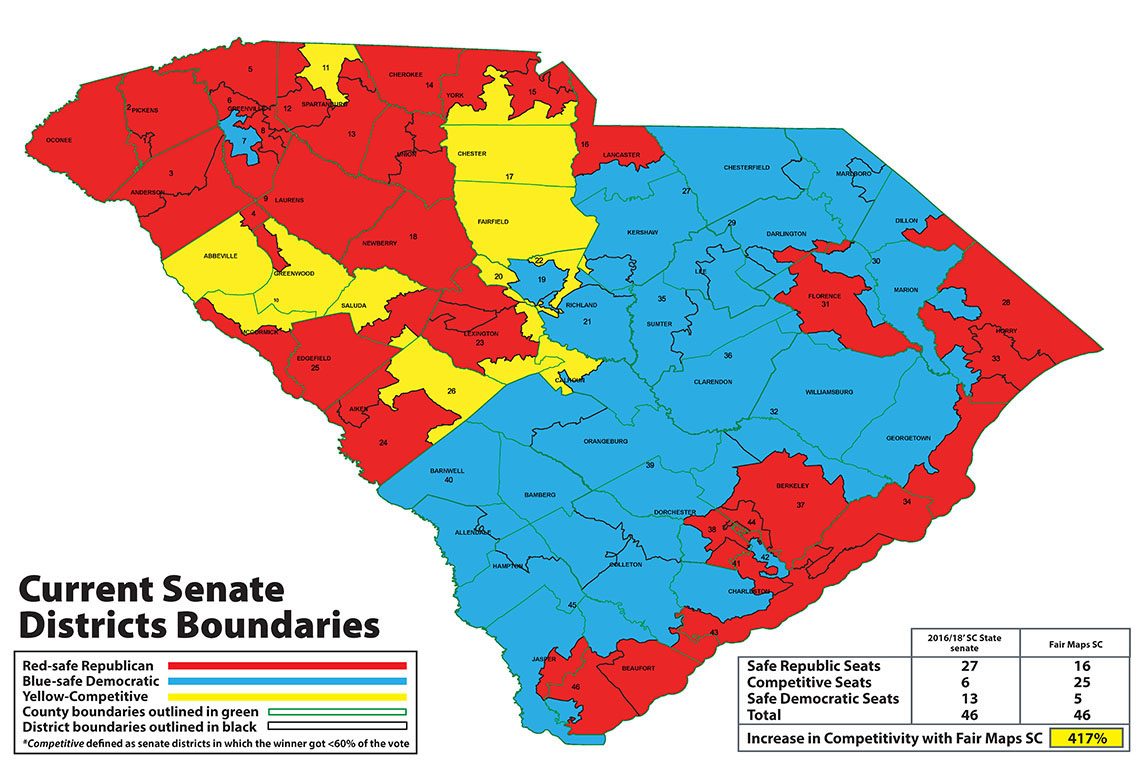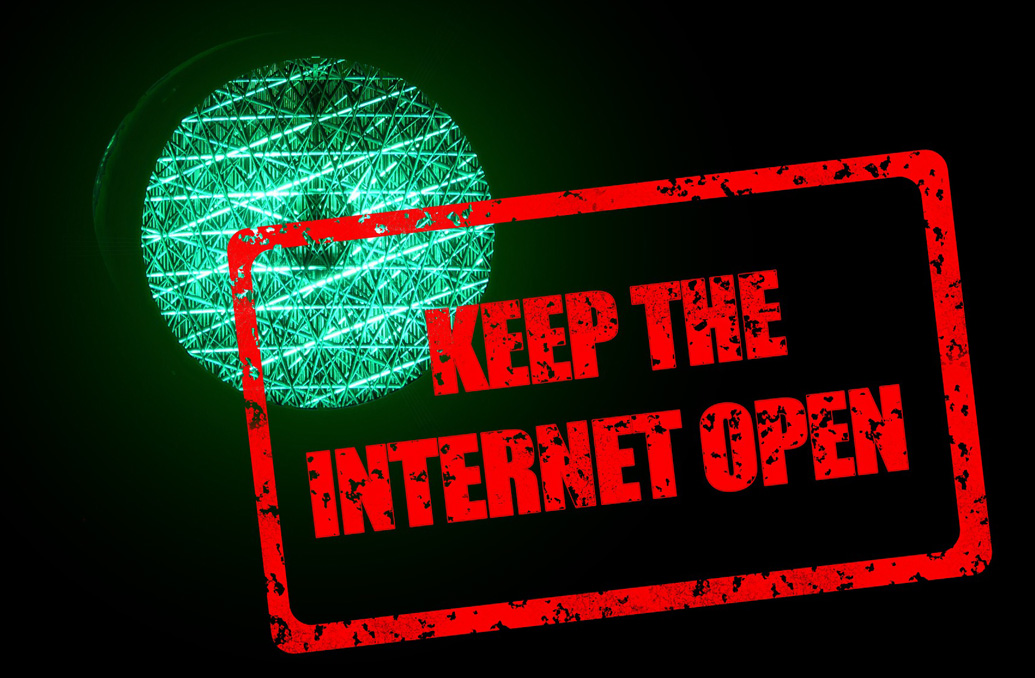Editor’s Note: The video presentation entitled Trump, Neo-Fascism, and the State of Democratic Resistance is intended for both liberal voters with a democratic sensibility and conservative voters who are concerned with our next president’s honesty, compassion, and integrity. The presentation takes a close look at President Trump’s rhetoric and activity.
By Jeremy Holland
Many scholars now claim that the Trump administration is currently involved in bringing about a distinctly new brand of American Fascism. For instance, his creation of a working class victim narrative, his obsession with group decline, his posturing as an ultra-masculine leader, his reliance on instincts over logic, his obvious support for white nationalist groups, and his penchant for inciting violence at political rallies are all signs of fascist ideology and none of these points are in dispute.
Capitalizing on Cultural Anxiety and the Dread of Group Decline
Presently, Trump exacerbates the dread of group decline by capitalizing upon conservative anxieties about socio-cultural change. For instance, there is much hand-wringing in far right circles about the current trend of demographic change, where the white racial majority (currently 64 percent) will be diminished as early as 2045 if US immigration law remains unchanged.
Appealing to Americas that felt culturally isolated under the previous administration, Trump cleverly promised to nominate pro-life judges. He also validates the reality of a secular culture war on religious traditions like Christmas.
Taking these more traditionalist stances, Trump was able to secure over 80 percent of the white evangelical vote in 2016. This is the largest unified religious voting bloc in the country, and Trump, although not even able to quote one bible verse on the spot during the presidential race, endorses traditional religious values and gender roles in order to bring them into the fold.
The anxiety of socio-cultural change is compounded by the growing erosion of confidence in American institutions in general. For instance, only 11 percent of Americans saying they trust congress “a great deal” or “quite a lot.” Unfortunately, this provides Trump fertile ground to attack the legitimacy of congress.
Creating Blatant Lies and Conspiracy Theories
Additionally, fascism is characterized by the superiority of the leader’s instincts over logic and reason. This is clearly seen in Trump’s willingness to perpetuate an astonishing disregard for scientific discovery and his own intelligence agencies.
According to the fact checker’s database used by the Washington Post, as of June 9th 2020, Trump crossed the 20,000 mark for perpetrating false or misleading claims. This comes to approximately 23 such claims daily.
To amplify this false reality, Trump also promotes conspiratorial thinking by appearing on slanderous programs like Info Wars, which claimed that Sandy-Hook Elementary parents had faked the deaths of their children.
One reason Trump ingratiates himself to conspiracy theorists is his desire to promote of his own original conspiratorial material including the unfounded claims that Obama was born outside the United States, that the Obama administration planted spies in Trump Tower during the 2016 campaign, or that during the 2016 presidential election millions of undocumented immigrants voted illegally.
Supporting White Nationalism and Anti-Civil Rights Groups
Another obvious sign of fascist thought is an ongoing promotion of the integration of a purer racial community. This was most blatantly obvious in the beginning of Trump’s term when he invited white nationalist and editor of Breitbart News, Steve Bannon, into the White House as a top advisor. At the same time, he invited Breitbart News, notorious for its rabid anti-Muslim stance, into the White House press corps. Add to this the fact that Trump has been repeatedly slow to condemn white supremacists who endorse him, and has regularly retweeted messages from Alt-Right activists.
Additionally, the creation of a purer community is reflected in Trump’s revival of the Nixon-era slogans “the silent majority” and “law & order.”
By doing so, he aligns himself with a past administration that viewed the protests of civil rights demonstrators as detrimental to the country. When President Johnson signed the Civil Rights Act of 1964 a flood of southern democrats defected from the Party. In response to this mass defection, Nixon placed himself on the side of the “silent majority” against the “vocal minority” of those seeking a more equal society.
Attacking the Validity of Democratic Norms and Institutions
Even though Trump has not completely overturned the democratic system, there are multiple instances where Trump has directly sought to undermine the election process.
One way Trump has attacked the validity of American democratic institutions is by repeatedly spreading falsehoods about the integrity of electoral process. For instance, in January 2017 at a meeting with top congressional leaders, Trump claimed that between three to five million undocumented immigrants illegally voted in the 2016 presidential election. In response, he established a Voter Fraud Commission, led by Vice-President Pence, with the mandate to pinpoint all the sites where voting fraud had taken place. Only a few months later, however, the Voter Fraud Commission disbanded due to lack of evidence.
Trump’s most direct assault to democracy, however, has been asking for foreign help in winning elections. The most prominent examples being his public call to the Russians to hack his political opponent’s email server, and his leaked call to the Ukrainian president that reveals a quid pro quo arrangement where military aid would be withheld unless an investigation was opened on the son of presidential nominee Joe Biden.
Multiple calls for foreign inference in the electoral process, alongside hollow accusations about local polling places failing to catch illegal voters, indicates that Trump is cynical about democratic elections and is already in the process of actively undermining them.
Reaching across the Ideological Divide
In order to stop this creeping fascism and restore democratic and moral norms to the nation, concerned Democrats and Republicans must come together this election.
For us all to band together and challenge this onslaught of misinformation, outright conspiracy theories, and direct attacks on our democratic process we need to find places of political agreement and openly communicate.
This larger national conversation should include empathy for working class and rural people and focus on traditional rural values such as communitarianism, common decency, mutual respect, and a respect for local traditions.
We must also be extra conscious to practice a non-defensive communication style in order to break down the interpersonal barriers the modern political media environment has created.
We should also set the terms of the conversation around standards of factuality and evidence. If science and scientists are viewed with suspicion as part of a massive conspiracy, then it will be hard to find common ground and move into serious conversations.
Lastly, we should recognize everyone wants to be the “hero” saving the country from decline. With this in mind, we must check our moral superiority, either religious or scientific, and make sure we are not being prejudiced ourselves when seeking to enlighten others. Self-reflection is key, we must stifle a bullying-style of discourse, and offer an open, inviting alternative in the form of democratic discussion.




